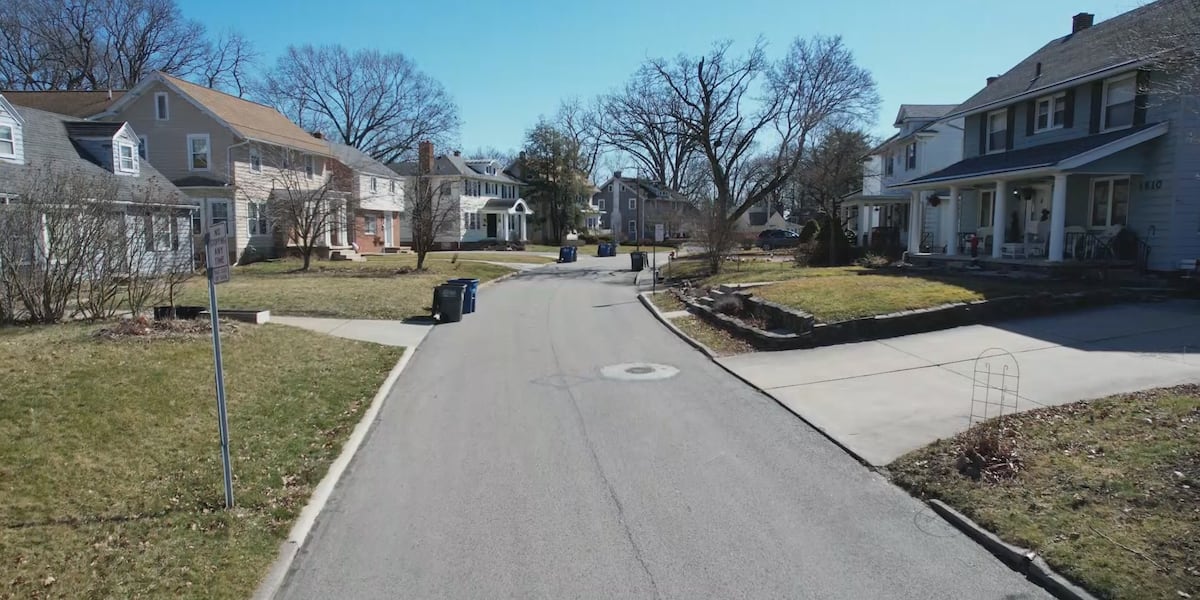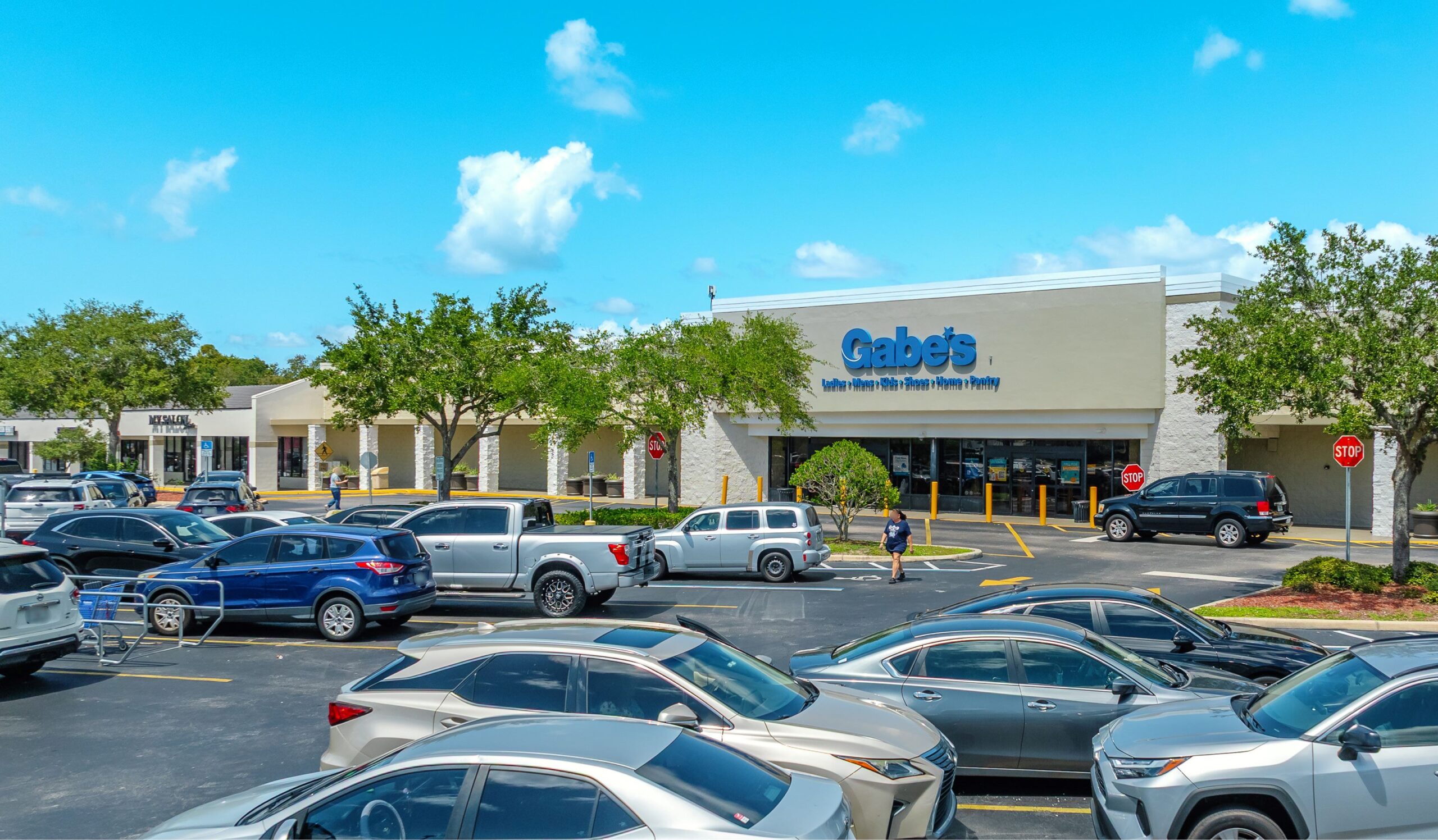O
pendoor's stock has been a tough investment over the past few years due to its decline of 94% from its peak of $35.88 during the growth-stock rally in February 2021 to around $2 today. The company's struggles can be attributed to rising interest rates, which rattled the housing market and made investors more cautious. However, Opendoor may present an undervalued growth opportunity for investors who can look past short-term volatility.
Image source: Getty Images.
How significant was Opendoor's slowdown?
Opendoor operates as an online real estate company that streamlines home sales by offering instant cash for homes, repairing them, and relisting them on its first-party online marketplace. Unlike Zillow and Redfin, which both discontinued their similar first-party home-flipping services in 2022 due to capital-intensive strategies and difficulties in maintaining operations amid rising interest rates, Opendoor stuck with its first-party iBuyer strategy and collaborated with third-party partners like real estate agents, homebuilders, and Zillow to attract more sellers and buyers. However, in 2023, the company's revenue plummeted, its adjusted earnings before interest, taxes, depreciation, and amortization (EBITDA) margin declined, and it remained unprofitable. Most of this pressure can be attributed to soaring interest rates and a cooling housing market.
Metric
2020
2021
2022
2023
Revenue
$2.6 billion
$8.0 billion
$15.6 billion
$6.9 billion
Revenue growth
(46%)
211%
94%
(55%)
Homes bought
around 6,171*
36,908
34,962
11,246
Adjusted EBITDA margin
(3.8%)
0.7%
(1.1%)
(9%)
Net loss
($253 million)
($662 million)
($1.4 billion)
($275 million)
Data source: Opendoor. *Based on 498% growth rate reported in 2021.
The slowdown was surprising and disappointing, especially when compared to the company's pre-merger forecast for generating $9.8 billion in revenue with a positive adjusted EBITDA margin of 0.1% in 2023. Opendoor benefited greatly from the housing market's growth in 2021 and 2022 as pandemic-induced headwinds dissipated, but it couldn't sustain that momentum in a high-interest-rate environment.
In the first half of 2024, Opendoor's revenue dropped 47% year over year to $2.7 billion, and its adjusted EBITDA margin improved to negative 2%, but its net loss widened year over year from $78 million to $201 million. However, the company bought 8,229 homes, representing an impressive 86% year-over-year growth from the first half of 2023.
Opendoor expects its revenue to rise 22%-32% year over year in the third quarter of 2024 and finally end its seven-quarter streak of top-line declines. It also expects its adjusted EBITDA margin to stay flat at negative 5%.
This outlook may be shaky but suggests the company has passed a cyclical trough and has a chance at recovery as interest rates decline and the housing market warms up. Additionally, Opendoor will face less competition following Zillow's and Redfin's retreat from the iBuying market.
Despite its challenges, Opendoor looks undervalued relative to its growth potential.
For 2024, analysts expect Opendoor's revenue to decline 26% to $5.16 billion as its adjusted EBITDA improves from negative $627 million to negative $183 million. However, from 2024 to 2026, they expect the company's revenue to grow at a compound annual growth rate (CAGR) of 35% to $9.47 billion as its adjusted EBITDA turns positive in the final year.
While these estimates should be taken with a grain of salt, Opendoor is well-positioned to grow again as the macro environment improves. With an enterprise value of $3.27 billion, its stock still looks undervalued at 0.6 times this year's sales.
Despite its wobbly business model, high debt-to-equity ratio of 3, and low cash and equivalents of $790 million, Opendoor could soar if investors believe in its ability to scale up its business and disrupt the real estate market with its iBuying model.













